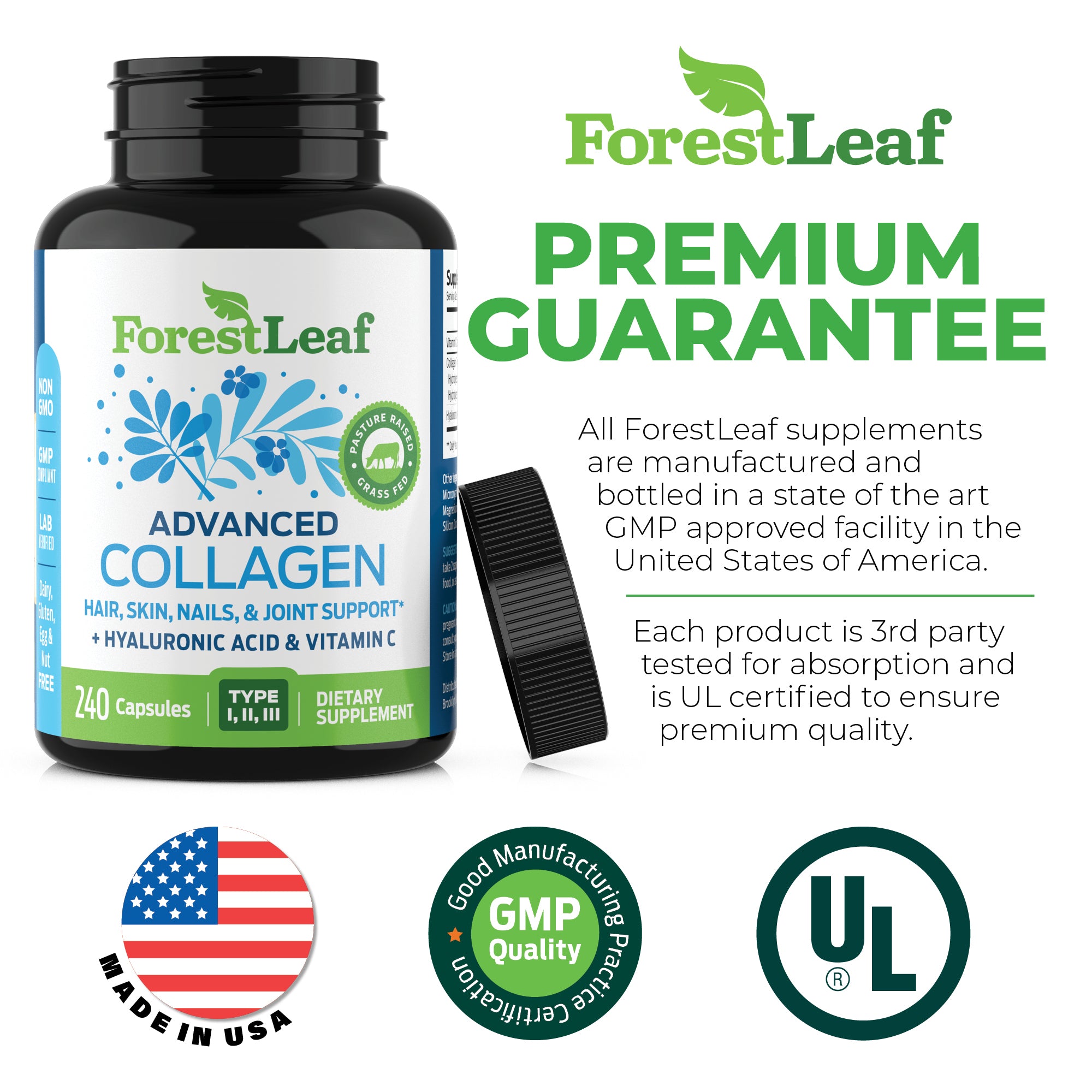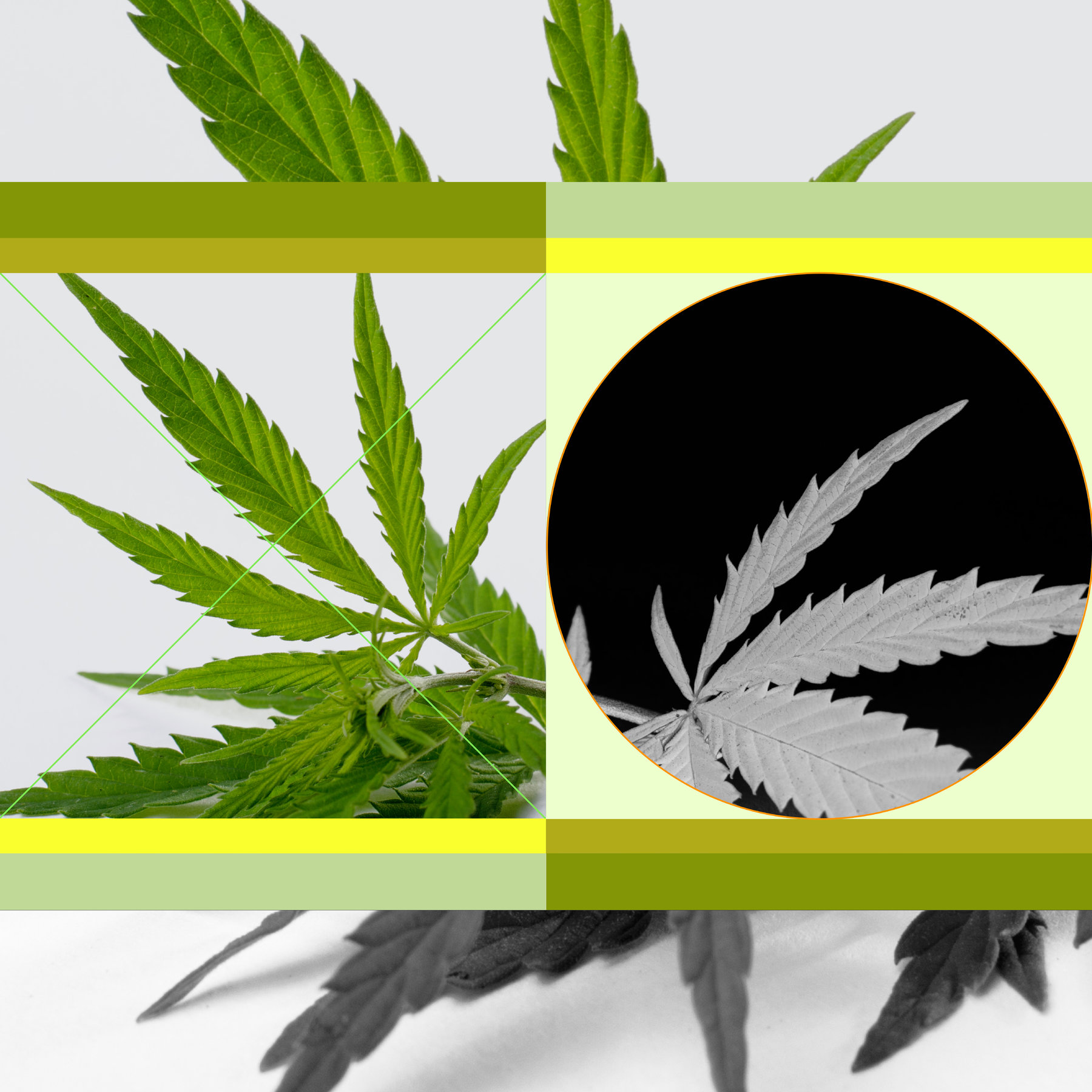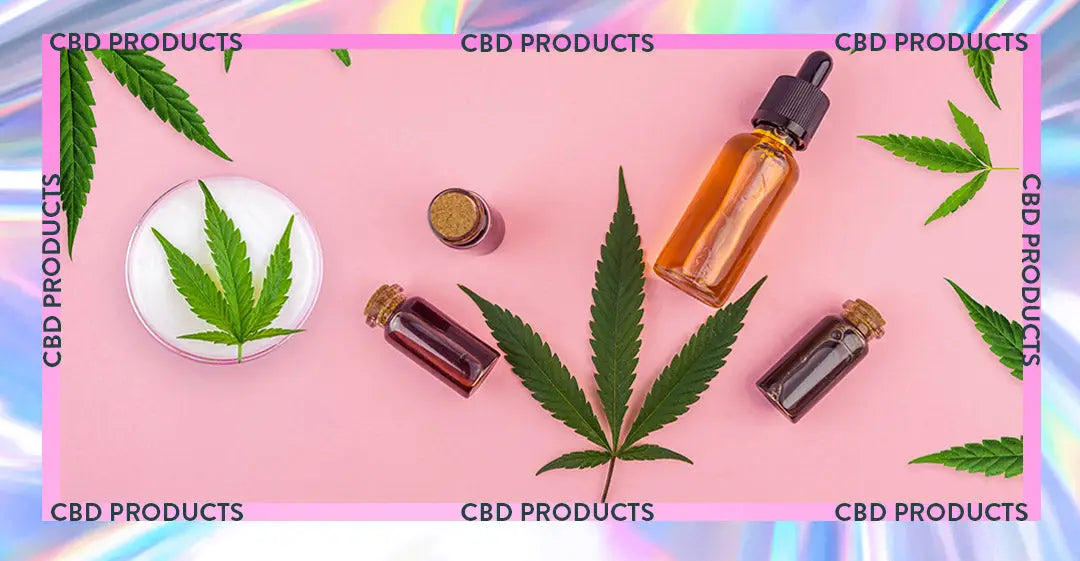
CBD pills don't have a strong taste and are very easy to swallow. These pills are derived from Cannabis and contain less than 0.3% THC. They are easy for people to swallow, and can be taken twice daily for best results. You should consult your doctor if you have concerns about the THC content.
CBD pills derived from cannabis contain less than 0.3% THC
CBD extracted from cannabis is legal in federal law. However, it must not be extracted from hemp or contain more than 0.3% THC. The United States Drug Enforcement Agency classifies CBD products containing more than 0.3% THC in states that have legalized recreational marijuana as illegal drugs. The FDA has yet to approve any cannabis-derived products intended for medical use.
CBD does not have psychoactive properties like THC. It doesn't attach with the CB1 receptors that are found in the brain and central nerve system. It makes THC non-intoxicating by blocking its binding to these receptors.

They are flavorless and odorless.
CBD pills contain CBD hemp oil, which is a form of medicinal cannabis. These pills, which are not flavored or odorless, offer a convenient and more convenient way to get CBD. To take them you don't need any special equipment. You can just mix them with water or your favorite drink. This makes them ideal for beginners.
You can buy CBD pills in 30, 60, and 100-count bottles. A 30-count container is enough to treat a person for two to four weeks. A 60-count container offers the best value. CBD pills must be stored in a dry, cool area to prevent them becoming rancid.
They are simple to swallow
CBD pills are convenient and easy to take. These CBD pills contain only pure CBD isolate, and they are free from THC, Terpenes, or other compounds found in cannabis. They can be swallowed whole, much like a vitamin. CBD pills do not require water to dissolve in the mouth.
CBD pills feel soft and are easy to swallow. They have a gel-like texture and are much easier to swallow. They don’t need to be chewed and can stay in your stomach for up a 30 minute. CBD pills can make users feel more relaxed.

They could contain THC
CBD is a psychoactive compound that may have side effects when consumed in large amounts. It inhibits other drug metabolism enzymes, which can cause side effects in the body. These enzymes include UGT1A9 or UGT2B7. They may cause a wide range of effects, including increased heart rate and anxiety.
The availability of CBD and 9THC is increasing, but their interactions with other drugs remains a mystery. The Penn State College of Medicine found several medications that could interact with cannabinoids in a study. This could help doctors choose the right medications to give patients who take cannabinoids. The increasing popularity of cannabinoid-containing products poses a safety risk, particularly when they are not regulated.
FAQ
Which conditions can CBD be used to treat?
The most important thing for any treatment to have an effect on is the person's health condition. A doctor must give a prescription for cannabis oil to be used in medicine. If you don't have a doctor's prescription, it is illegal to use cannabis products.
It doesn't matter if you're using cannabis oil for health reasons. To make sure that the oil is safe, it's a good idea to consult your doctor.
Cannabis oils are made from either whole plant extracts or isolated compounds called cannabinoids (THC and CBN). They can contain many cannabinoids such as cannabidiol, tetrahydrocannabinol and cannabinol.
These compounds interact with receptors throughout the body to produce effects such as pain relief, stress reduction and anti-inflammatory, antioxidant, and other properties.
How can CBD products be successfully promoted by companies in a regulatory-compliant way?
The FDA does no regulate hemp as a crop commodity. The Controlled Substances Act regulates other cannabis derivatives (e.g. pot). CBD has yet to be subject to specific regulations.
CBD is legal at state level in 29 US states. Federal law considers it illegal. This uncertainty is a problem for CBD-product sellers.
The FDA has strict guidelines regarding how CBD products can be promoted. To make sure that CBD products are clearly disclosed about their THC content, the FDA has established strict guidelines. Without supporting scientific evidence, CBD cannot be claimed to treat certain medical conditions.
In addition, the FDA requires manufacturers to submit detailed information regarding manufacturing practices and quality control measures. To prove safety and effectiveness, they require that companies conduct clinical trials.
These factors are crucial for companies to consider when developing their marketing strategies.
Which countries produce CBD of the highest quality?
The United States produces the vast majority of CBD products.
But Canada, Australia, New Zealand, and Israel are also producing high-quality CBD products.
Statistics
- The use of these products is likely to become even more widespread if the World Health Organization's recommendation that CBD no longer is scheduled in the international drug control conventions is adopted by the United Nations member states [201]. (ncbi.nlm.nih.gov)
- CBD seems unlikely to directly influence sleep in healthy humans [115] (and maybe “sleep-promoting” in those with certain comorbid conditions) (ncbi.nlm.nih.gov)
- While the primary injury may not be treatable, interventions that attenuate secondary sequelae are likely to be of benefit [203].Only one study (ncbi.nlm.nih.gov)
- HR −16 mmHg; 95% CI −26, −6; I2 = 92%) (ncbi.nlm.nih.gov)
- The inhibition of FAAH is predicted to lead to an increase in brain and plasma concentrations of AEA, which acts as a partial agonist at CB1R and CB2R, thereby increasing endocannabinoid tone [92, 110]. (ncbi.nlm.nih.gov)
External Links
How To
How to get certified for selling CBD products
CBD (cannabidiol), one of the many cannabinoids found inside cannabis plants, is one. It's been used medicinally throughout history, including traditionally in China, India, and many South American countries. The ability to treat conditions such anxiety, pains, epilepsy, and inflammation has made CBD products extremely popular in recent times. There is no formal certification program for CBD products. At least, not in the U.S. Anyone who wants to sell CBD products will have to use the "unofficial", self-certification process.
There are two options. The first way is to join an association of local cannabusiness owners. This allows you to network with other owners and get advice and support. There are currently many associations across the country. Second, you can go online. Most states now allow canna-businesses to operate online. If your state allows online canna-businesses, you can immediately set up a website and begin accepting orders. However, registration is required with your state Department of Public Health. Once you have registered, your state's Department for Public Health will issue you a license. After receiving your license, you are legally allowed to open a store and start accepting orders.